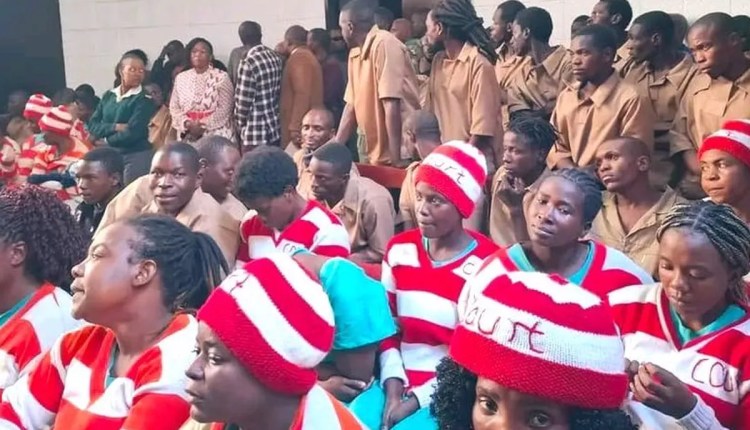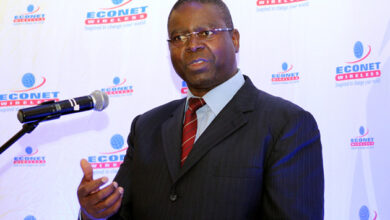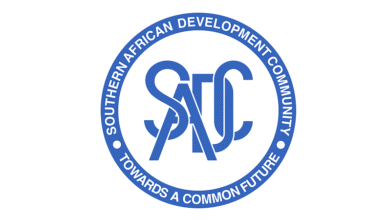Zimbabwe Denies Human Rights Abuses, Accuses UN Experts of Interference

The Government of Zimbabwe has firmly rejected allegations of human rights abuses, responding to United Nations (UN) experts by accusing them of interfering in the country’s internal affairs. The claims, made by UN Special Rapporteur on Human Rights Defenders Mary Lawlor, include enforced disappearances, torture, and the arbitrary detention of human rights defenders Namatai Kwekweza, Robson Chere, and Samuel Gwenzi.
In a formal response dated September 9, 2024, the Zimbabwean government expressed concern about what it perceives as a trend among UN mandate holders to act as “courts of first instance,” thus undermining local legal systems designed to deliver justice. The government emphasized the importance of the principle of subsidiarity, which asserts that national legal systems should be the primary means of addressing grievances.
Additionally, the government highlighted a “disturbing pattern” where non-state actors allegedly aim to create chaos, especially in the lead-up to significant international events, as a means to discredit the state. These actions, according to the government, have led to the dissemination of unverified information that serves as the foundation for the allegations of human rights violations.
“The Government of Zimbabwe acknowledges the important role that special mandate holders at the Human Rights Council play in promoting and protecting human rights globally,” the statement reads. “However, the increasing tendency by some of these special mandate holders to act as courts of first instance is concerning.”
The accusations against Zimbabwe relate to the arrest and detention of Kwekweza, Chere, and Gwenzi on July 31, 2024, following their alleged involvement in disrupting court proceedings on June 27, 2024. While UN experts have raised alarms about enforced disappearances and torture, the government claims that the trio was arrested for disorderly conduct and maintains they received due process, including access to legal representation.
Kwekweza, Chere, and Gwenzi were granted bail on September 4, 2024, and their trial is currently ongoing at the Harare Magistrates Court. However, Robson Chere criticized the government’s response to the UN, stating, “It’s very sad that the Zim State fails to acknowledge the blatant mistakes of violating our rights. However, we remain resolute in fighting for humanity. Charges must be dropped.”
As tensions continue to escalate between the Zimbabwean government and international bodies regarding human rights practices, the government’s firm stance indicates a broader conflict over governance and accountability within the nation.




